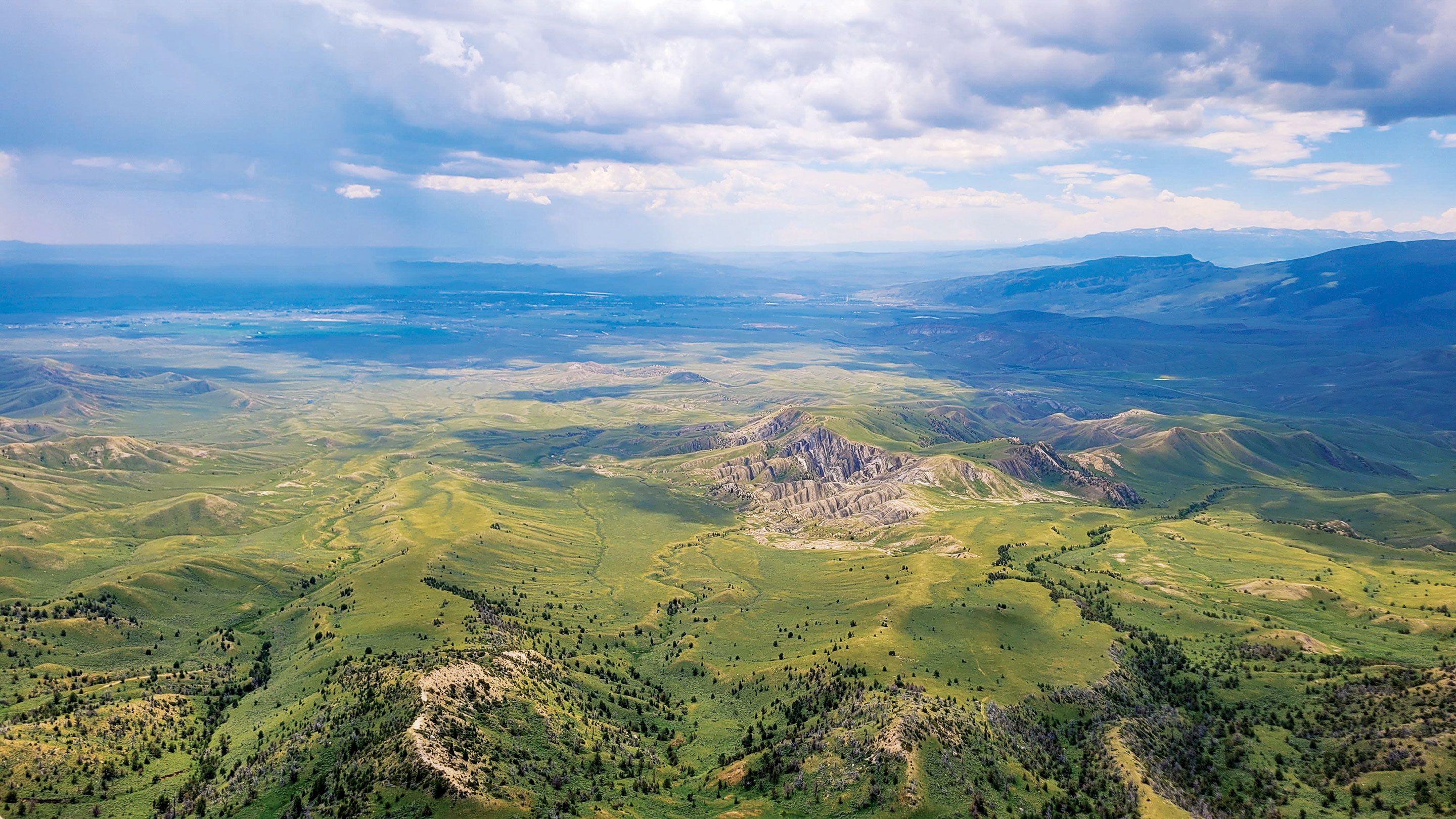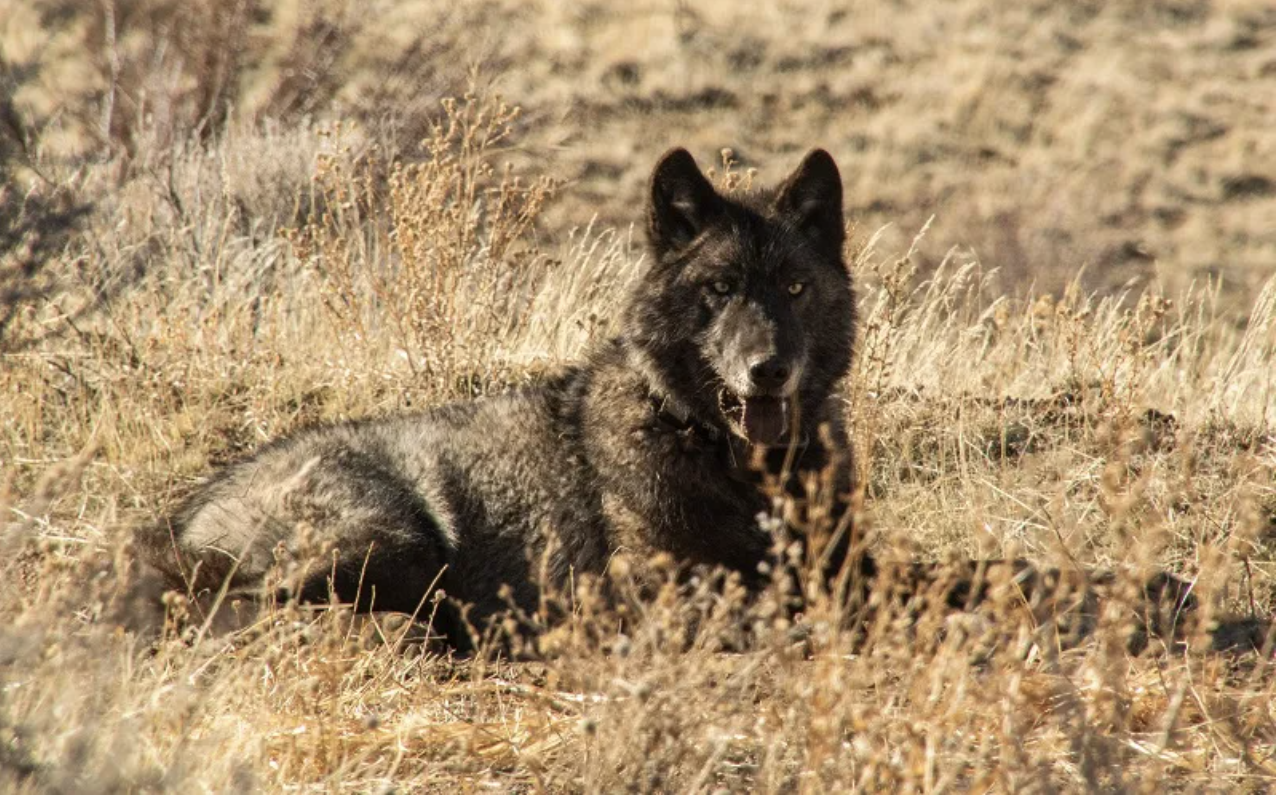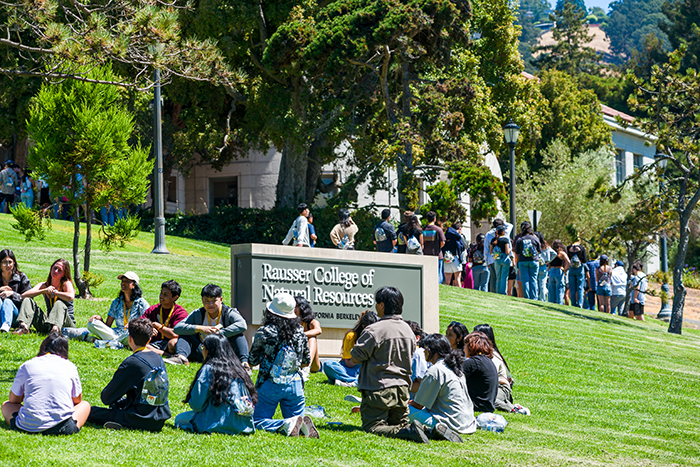
[image caption]
Programs
The Stone Center at UC Berkeley advances its mission through three interrelated program areas:
1. Place-based “Living Labs”
Living Labs use cutting-edge academic research and local expertise to solve real-world problems on private, Tribal, and public lands. We collaborate with landowners, managers, and stewards, including Tribes, farmers, ranchers, public agencies, scientists, and local residents. We work together to define problems and solutions that are unique to each region. Our first Living Lab is the Beyond Yellowstone Living Lab (BYLL). Here, we work with researchers at the University of Wyoming, Tribes, and private landowners to study wildlife population dynamics and barriers to migration (including fences and development). We plan to launch a second Living Lab in California in the near future!

[image caption]
2. Unique Convenings & Collaborations
We tackle some of the biggest problems in conservation by fostering collaborations between Tribes, researchers, landowners, students, local residents, and more. Some examples of this work include our collaborations with Berkeley Wildlife and the California Wolf Project, and a new collaboration with the National Geographic Society.

[image caption]
3. Teaching & Training
We teach and train students, faculty, and colleagues across the UC Berkeley campus and beyond to cultivate current and future generations of conservation leaders. The Stone Center is housed in the Rausser College of Natural Resources at UC Berkeley. Rausser College has been an academic leader in the natural and social sciences for over 50 years. Critical to the Stone Center’s success is the ability to convene, draw from, and teach students and faculty in this world-class program.
We provide the campus community with opportunities to learn from experts in the field through workshops, speaker series, and more. We help train undergraduates via our Living Labs so that they can gain real-world experience in conservation.

